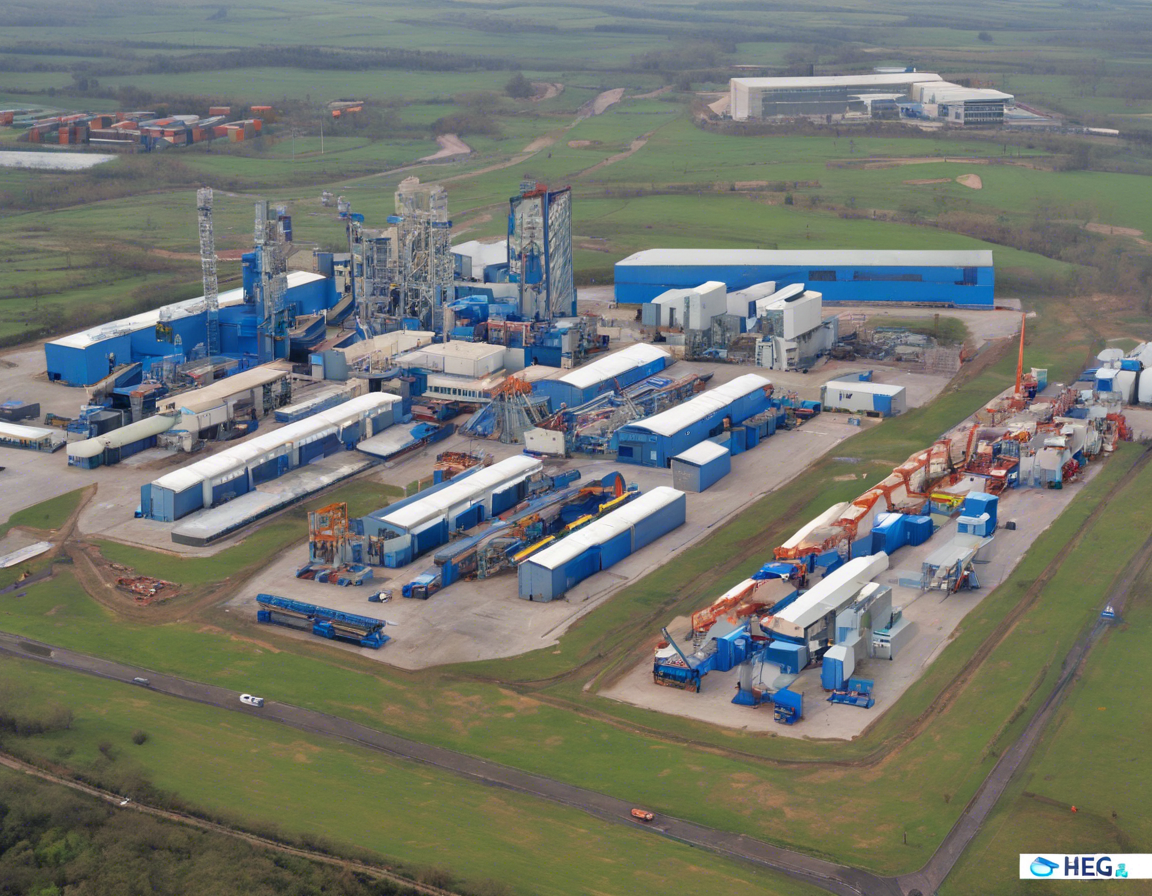Introduction:
The Hindustan Unilever Limited (HUL) demerger, also referred to as the Heg Ltd demerger, has captured the attention of many investors in recent times. Demergers are corporate restructuring strategies where a company divides its business divisions into separate entities. In this case, the Heg Ltd demerger involved the split of HUL into two separate businesses, Hindustan Foods Limited and Heg Limited. This move aims to unlock shareholder value, streamline operations, and enable businesses to focus on their core competencies.
Understanding the Heg Ltd Demerger:
Heg Ltd, formerly a subsidiary of HUL, is a leading player in the steel, graphite electrodes, and graphite specialties market. The demerger marked the culmination of a long journey for Heg Ltd, as it transitioned from being a part of a diversified conglomerate to a standalone entity. This separation allows Heg Ltd to operate independently, make strategic decisions tailored to its business objectives, and enhance its competitive position in the market.
Key Points of the Demerger:
-
Strategic Focus: The Heg Ltd demerger enables both Hindustan Foods Limited and Heg Limited to focus on their respective core business areas, driving innovation, growth, and profitability.
-
Shareholder Value: Demergers are often viewed positively by investors as they unlock hidden value in the parent company’s diversified portfolio. The restructuring can lead to a more efficient allocation of capital and resources, benefiting shareholders in the long term.
-
Operational Efficiency: By separating into two distinct entities, HUL can streamline its operations, reduce complexities, and optimize its business structure. This enhanced operational efficiency may result in improved performance and competitiveness for both Hindustan Foods Limited and Heg Limited.
Implications for Investors:
The Heg Ltd demerger presents several implications for investors to consider:
-
Investment Opportunities: Following the demerger, investors may have the opportunity to invest directly in Heg Limited, allowing them to capitalize on the growth potential of the steel and graphite market segments.
-
Risk Management: Diversifying investment portfolios across different sectors and industries can help mitigate risks associated with market fluctuations and industry-specific challenges.
-
Market Dynamics: Understanding the market dynamics of the steel and graphite industries is essential for investors looking to capitalize on the potential growth opportunities presented by Heg Limited post-demerger.
Investment Strategies Post-Demerger:
-
Research and Analysis: Conduct in-depth research and analysis on Heg Limited’s business model, financial performance, market positioning, and growth prospects to make informed investment decisions.
-
Diversification: Consider diversifying your investment portfolio to include a mix of asset classes, sectors, and geographies to reduce risk exposure and enhance potential returns.
-
Long-Term View: Evaluate your investment horizon and align your investment strategy with your financial goals and risk tolerance, taking into account the long-term implications of the demerger on Heg Limited’s performance and valuation.
Frequently Asked Questions (FAQs):
- What is a demerger, and how does it differ from a merger?
-
A demerger involves the separation of business units or divisions within a company into independent entities, whereas a merger combines two or more companies to form a single entity.
-
How does the Heg Ltd demerger impact HUL’s shareholders?
-
The demerger can lead to increased shareholder value through more focused operations, improved efficiency, and enhanced growth prospects for both Hindustan Foods Limited and Heg Limited.
-
What are the potential risks associated with investing in Heg Limited post-demerger?
-
Risks may include market volatility, industry-specific challenges, regulatory changes, and operational risks that could impact Heg Limited’s financial performance and shareholder returns.
-
How can investors evaluate the growth potential of Heg Limited post-demerger?
-
Investors can assess Heg Limited’s market positioning, competitive advantage, management capabilities, financial health, and growth strategies to gauge its potential for long-term growth and value creation.
-
Is it advisable to invest in Heg Limited immediately after the demerger, or should investors wait for a certain period?
- Investors should consider conducting thorough due diligence, monitoring market conditions, and evaluating Heg Limited’s performance post-demerger before making investment decisions to ensure informed and strategic investments.
Conclusion:
In conclusion, the Heg Ltd demerger represents a strategic move by HUL to unlock shareholder value, streamline operations, and enable both Hindustan Foods Limited and Heg Limited to thrive in their respective markets. Investors keen on capitalizing on this restructuring should conduct thorough research, diversify their portfolios, and adopt a long-term investment perspective to make informed decisions and maximize potential returns. Understanding the implications of the demerger and staying abreast of market developments will be key to navigating the investment landscape post-Heg Ltd demerger.



